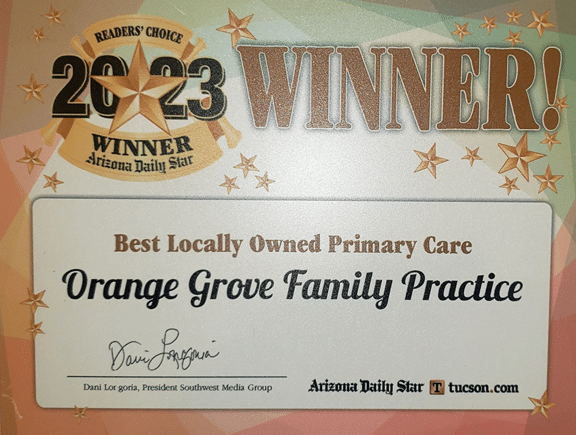By Dr Murray Grossan
Got Allergy? Don’t Make it a Sinus Infection
This year is predicted to be a bad allergy season –in spring it’s trees, in summer it’s grass and in fall it’s weeds.
It is common for the sinus doctor to see patients who let their allergy change into sinusitis that requires surgery.
How can you prevent this?
When you sneeze non-stop, get poor sleep, stay plugged all the time, this causes the nasal cilia to become exhausted and slow down. Normally the cilia beat in harmony to move bacteria out of the nose and sinuses. When they fail, you get a sinus X Ray that shows left maxillary sinus disease.
Prevention of sinus disease from allergy.
Good sleep. Try to find one of the allergy pills like Benadry or Zyrtec that clears the nose and helps you sleep. Many patients reduce their allergy symptoms with one of the antihistamine nasal sprays such as Astelin or Patanase. Ask your doctor for a prescription and for discount coupons. Also check the web sites for coupons.
Your doctor may put you on one of the cortisone type sprays, such as Flonase. There are almost of dozen of these available and results vary.
Tea, lemon and honey helps cilia action.
Regular use of the Hydro Pulse™ will move bacteria and pollen out of the nose and sinuses. The massage action reduces tissue edema, so it helps avoid sinus blockage. The massage action reduces tissue swelling for better breathing.
Will surgery help your allergy?
Actually sometimes it will. If your sinuses are fully blocked, and are fully packed with tissue and liquid pus, draining the sinus will be of benefit
Fortunately today, there is a procedure that is quite simple and can be used. It involves putting a balloon into the normal sinus opening. The balloon is inflated and the sinus is irrigated through a duct in the balloon apparatus.
When the sinus opening has been milked to open, then the doctor will prescribe Hydro Pulse Nasal/Sinus irrigation to encourage cilia function and to keep the milked opening patent.
Some patients benefit by using additives to the Hydro Pulse irrigation such as antibiotics or cortisone type products.
The goal is to keep that opening from closing up. Pulse wave irrigation has been used for this. Best of all, once normal nasal/sinus cilia function has been restored, no further irrigation may be needed.


